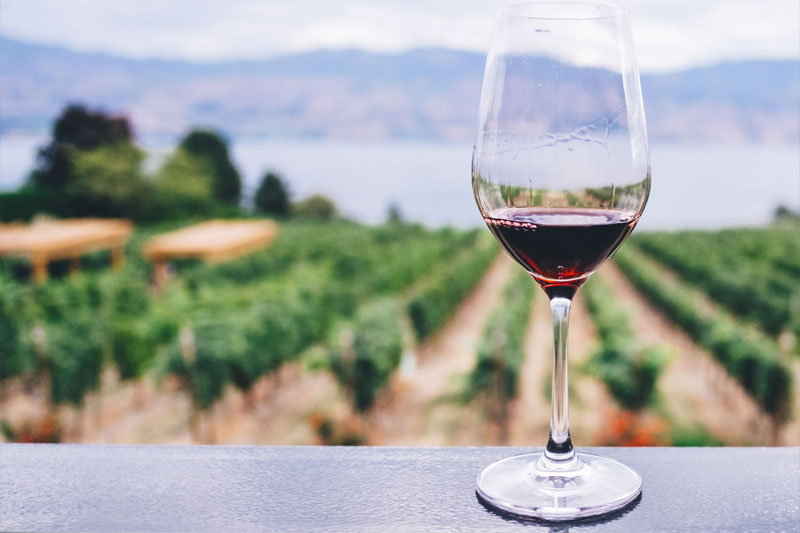Sustainable and regenerative winemaking Sustainable winemaking aims to protects the environment, supports social responsibility, and maintains economic feasibility. Canadian wines are dependent on natural resources for their solar energy, climate, water and soils, making sustainability an imperative. Across the country, vintners have turned towards winemaking that not only protects the environment but also regenerates it (by restoring soil health and sequestering carbon below and above ground). Organic wines (produced from certified organic grapes) are often seen on restaurant menus or poured at winery tasting rooms and bistros.
Wine Canada Responsible tourism
The Canadian wine industry is an important economic driver, contributing $9 billion to the economy and generating more than $1.5 billion in tourism revenue and employment. While wine is produced in most provinces and territories, BC and Ontario hold the lion’s share: There are 228 wineries in BC and 183 in Ontario, with Ontario producing roughly 70 percent of Canada’s total wine volume.
Distinguishing Canadian wine is an impressive range of varietals nurtured by geographic diversity, ranging from the warm, dry climate of BC’s desert-like Okanagan Valley to the ocean surroundings of Nova Scotia, where vines grow in the remains of ancient seabeds. Canada also produces more icewines than the rest of the world combined, thanks to a cool climate that enables grapes to freeze on the vine naturally.
From LEED-certified tasting rooms and cellars to biodynamic viticulture (viewing the vineyard as a living entity), Canadian winemakers are committed to maintaining the integrity of the land while making luscious, attention-grabbing wines:
In the countryside of Ottawa, Ontario, KIN Vineyards benefits from hot summer sun and soil made of clay loam over limestone, enabling the production of Burgundian wine with Napa Valley stylings. The vineyard donates to arts initiatives and environmental projects. In addition, a 30-kW solar power system on the roof offsets more than 11 tonnes of greenhouse gases per year.
Monte Creek Ranch Winery, in the Thompson Valley, BC has earned a slew of eco certifications, with every aspect of the farm scrutinized to improve sustainability. Practices include honey sourced from resident bees; tractors that mobilize chickens to find fresh vegetation while leaving soil-friendly nitrogen and phosphorus-rich manure; and replacing plastic bags with paper alternatives.
Piquette – made from leftover grape skins, seeds and stems – is low in alcohol (7 percent) and very sustainable, since it uses scraps from traditional winemaking. Benjamin Bridge, in Annapolis Valley, Nova Scotia is an excellent spot to try piquette (sold in eco-friendly cans).
The Yukon’s first commercial winery, Yukon Wines, produces eco-conscious wines starring antioxidant-rich haskaps (also known as honeysuckle or honeyberry). The company practices sustainable farming, with one of its two farms certified organic and both pesticide-free, and clean energy practices incorporated. It also hires emerging Yukon artists to design its labels.
image credit: menumag.ca

























Speak Your Mind